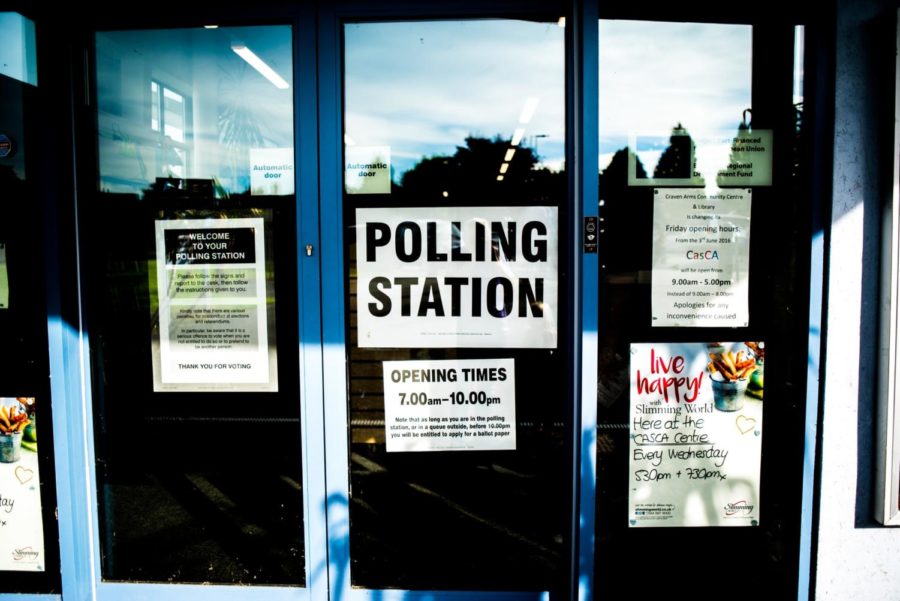Editorial: Georgia is restricting voter access
April 15, 2021
Georgia recently passed one of the most restrictive and regressive election laws in recent years, nearly overhauling the state’s entire voting system and causing civil rights groups and Democratic leaders to denounce the bill as suppressing voters.
The state’s new law includes notable prohibitions on handing out food and water to voters waiting in line at polling stations, less time for voters to request absentee ballots and fewer drop boxes for voters to deposit absentee ballots.
Georgia’s Republican-controlled legislature passed the bill along the party line, and Gov. Brian Kemp signed it into law in late March.
Since then, civil rights groups such as the Georgia NAACP filed lawsuits against the state on the grounds that the bill’s provisions violate laws — specifically the Voting Rights Act and the 14th and 15th Amendments.
The final version of the bill did not include some of the harshest restrictions that had been proposed, such as a near-complete ban on Sunday voting. But even with these provisions removed before being signed into law, this bill changes nearly every aspect of the state’s election system.
Perhaps the most surprising — and concerning — part of the bill is how much it diminishes the power of Georgia Secretary of State Brad Raffensperger. The law unseats him from chairing the State Election Board, instead having the legislature appoint a nonpartisan chair every five years.
What this does is give the State Election Board, and the Georgia legislature, more power over county election boards — power that includes the ability to “review” and fire the boards’ members.
This seems like an easy leap to partisan control over what are supposed to be nonpartisan institutions (although the claim of “nonpartisanship” tends to ring hollow regardless).
This new law should concern everyone. Voting rights are not, and should never be, partisan issues. The right to vote is an essential part of our democracy. It’s the very foundation on which the rest of the country is made. To restrict these rights and then call any opposition to the movement “partisan,” as Republican officials in Georgia have done, is ludicrous.
Most of the reasoning behind the law is flawed, if not outright wrong. What is the rationale behind barring volunteers from providing food and water to voters in line — lines that famously lasted as long as 11 hours last year. There is really no defense for this. How does this make elections “safer,” as proponents of the bill claim it to do?
The short answer is that it doesn’t.
Kemp said the drafting for the bill began after the 2020 election and that the purpose of the bill was to make elections safer.
Context matters, as always. Kemp is up for reelection in 2022 and was heavily criticized by former President Donald Trump for refusing to confirm Trump’s baseless claims of widespread voter fraud and the provably false declaration that Trump won Georgia but that the state was “stolen” from him.
Now, Kemp and other Republican officials in the state are trying to appease a voter base that is angered by the results of the 2020 election. It should be noted that multiple audits confirmed the state’s election results in the 2020 presidential election.
There is no real justification for the massive and sweeping changes made in the state’s election law considering how rare widespread voter fraud is in the U.S. and also acknowledging that there was no widespread fraud during the 2020 election in particular.
What this law will do instead is restrict access to voting in ways that seem small but certainly not negligible. Any restriction without justification should be struck down.
“Whenever there are partisan ideals that take precedent over the franchise of the voting process is when democracy begins to fail,” Georgia NAACP President James Woodall said.
Voting rights are essential, and any restrictions on those rights need to be met with outrage and anger, as it has already been across the nation, and rightfully so.







